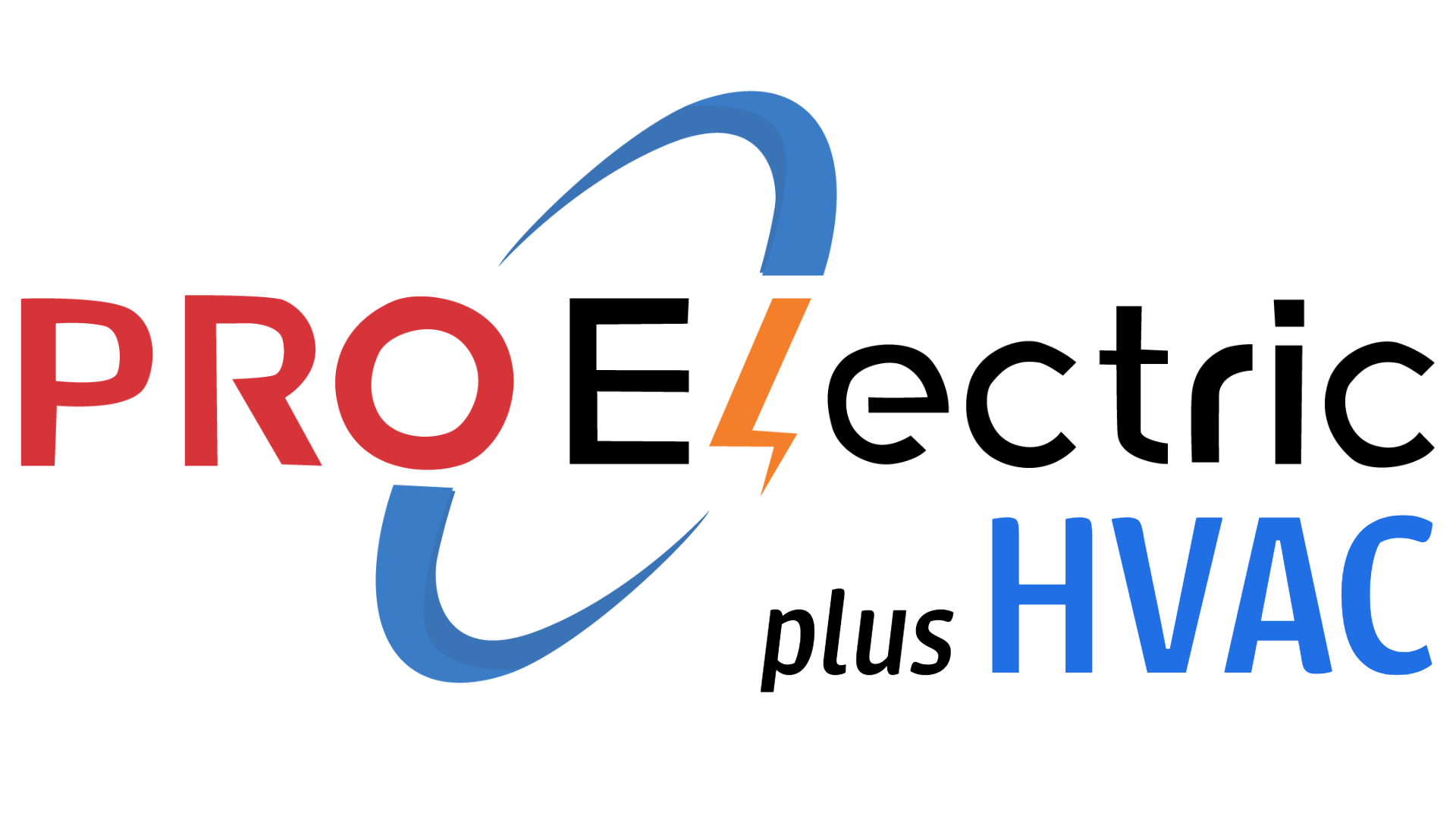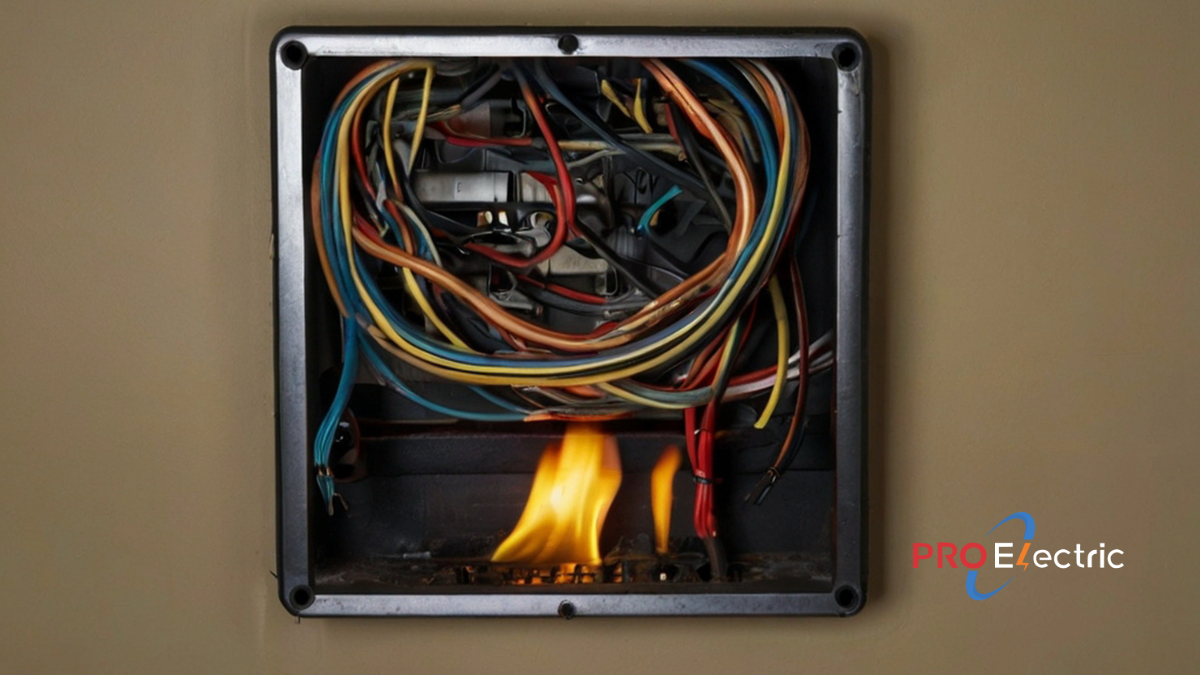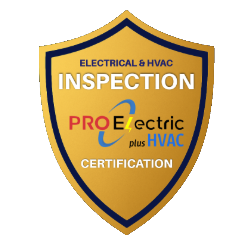Imagine remodeling your dream home in Fairfax, Loudoun, Arlington, or Prince William County, only to discover the electrical work isn’t up to Virginia’s state code.
Remodeling is exciting, but what happens if the contractors don’t follow the electrical code?
This article helps homeowners understand their rights, responsibilities, and next steps when faced with code violations in electrical work.
Understanding Virginia’s Electrical Code
- Why Codes Exist: Safety, functionality, and legal compliance are the main reasons electrical codes exist.
- Vital Elements of Virginia’s Electrical Code:
- Proper installation of circuits and panels
- GFCI and AFCI protection in specific areas
- Correct wiring for outlets
- Installing smoke detectors and carbon monoxide alarms is appropriate to ensure safety.
- Importance for Homeowners: It is essential to be familiar with the basics to recognize any warning signs that may arise during or after a remodeling project.
Recognizing Electrical Issues Post-Remodeling
- Signs the Work May Not Be Up to Code:
- Frequent tripping breakers
- Flickering or dimming lights
- Warm or sparking outlets
- Missing GFCI outlets in kitchens, bathrooms, or outdoor spaces
- Lack of permits or inspections during the remodeling process
- Professional Assessment: Why it’s essential to hire a certified electrician to evaluate the work if you notice anything off.
What to Do if Your Electrical System Isn’t Up to Code
- Step 1: Review Your Contract
- Look for clauses regarding electrical work, building permits, and compliance with state codes.
- Determine if the contractor was responsible for securing permits.
- Step 2: Contact the Contractor
- Friendly but firm communication to explain the issues.
- Ask for a corrective plan and timeframe for fixing the electrical work.
- Step 3: Document Everything
- Take photos, videos, and notes on what isn’t compliant.
- Keep a record of all communications with the contractor.
Bringing in a Licensed Electrician
- Why You Need a Professional Assessment:
- Ensures all electrical issues are identified.
- It helps determine the extent of the code violations.
- What to Expect from a Licensed Electrician:
- Full electrical inspection of circuits, panels, wiring, and outlets.
- Creation of a report detailing any code violations that need to be rectified by a licensed electrician.
- A simple-to-understand electrical estimate and project timeline to bring the wiring back up to code.
Reporting Code Violations and Seeking Compensation
- Step 1: File a Complaint with the Virginia Department of Professional and Occupational Regulation (DPOR)
- Provide tangible evidence of the code violations. You can use the inspection report that is provided to you by the electrician.
- How does the complaint process work, and what should you expect?
- Step 2: Homeowner Rights and Legal Options
- If the remodeling contractor refuses to fix the work, consider legal action. We are not recommending it, but it is an option.
- Small claims court for minor repairs vs. civil court for extensive problems.
- Step 3: Contractor’s Insurance or Bond
- Check if the contractor’s insurance or bond will cover bringing your home up to code.
Avoiding Future Problems: Tips for Homeowners
- How to Vet and Ask the Right Questions to General Contractors Before a Remodel:
- Check Virginia licenses, insurance, and certifications.
- Ask for references and review past projects.
- Ensure contractors pull proper permits for electrical work.
- Importance of Permits and Inspections:
- Never skip on necessary permits from the local county government.
- Hire a licensed electrician to inspect all major electrical and new circuits installed.
- Understanding Warranties and Guarantees:
- Ensure the contractor offers a warranty on their work, including electrical installations.
Wrap-Up:
Discovering code violations in your home’s electrical system can be frustrating, but knowing the proper steps to fix the problem can help you get back on track.
Take a proactive approach when hiring general contractors for remodeling and renovations.
Always ensure that the renovation or remodeling complies with Virginia’s electrical code for the safety of your home and family.



